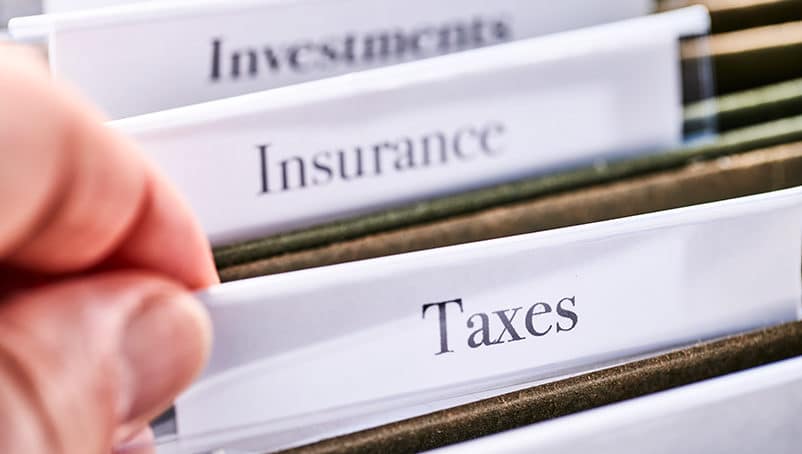How do small businesses organize expenses for taxes?
The IRS publishes several documents explaining business expense categories and deductions.
The two tax filing categories differ mainly in multi-year tax rules and accounting methods. Larger businesses use accrual accounting for over $5 million in annual revenue, while smaller businesses use cash accounting.
Accrual accounting categorizes expenses and accounts for future income, like unpaid invoices and multi-year leases. Cash accounting means you categorize your expenses and account for the money and inventory you have on a cash basis.
Business expenses and small business tax deductions
Regardless of your chosen accounting method, some expenses are always tax deductible. As a small business owner, you want to claim every tax deduction you can to reduce taxable income and optimize cash flow.
The majority of small business expenses are tax deductible. However, according to the IRS, a business expense must be “ordinary and necessary” to qualify as a deduction.
Ordinary and necessary expenses are considered commonplace in your industry and you need to pay for these expenses to run your business. If it falls outside the IRS’ guidelines, the expense is non-deductible.
When you organize and categorize your list of expenses, it’s easy to determine deductible business expenses. Even if you have a bookkeeper or tax preparer, categorizing expenses saves time and money on income tax preparation.
How NEXT helps small businesses thrive
Did you know that some insurance is tax deductible? While we can’t do your bookkeeping, we can help you with affordable, customized business insurance.
NEXT specializes in insuring small businesses. We simplify getting and managing business insurance so you can focus on growing your business.
You can get an instant quote, review options and purchase coverage fast. Get 24/7 access to your certificate of insurance (COI) as soon as you buy your insurance.
Get an instant quote today.







